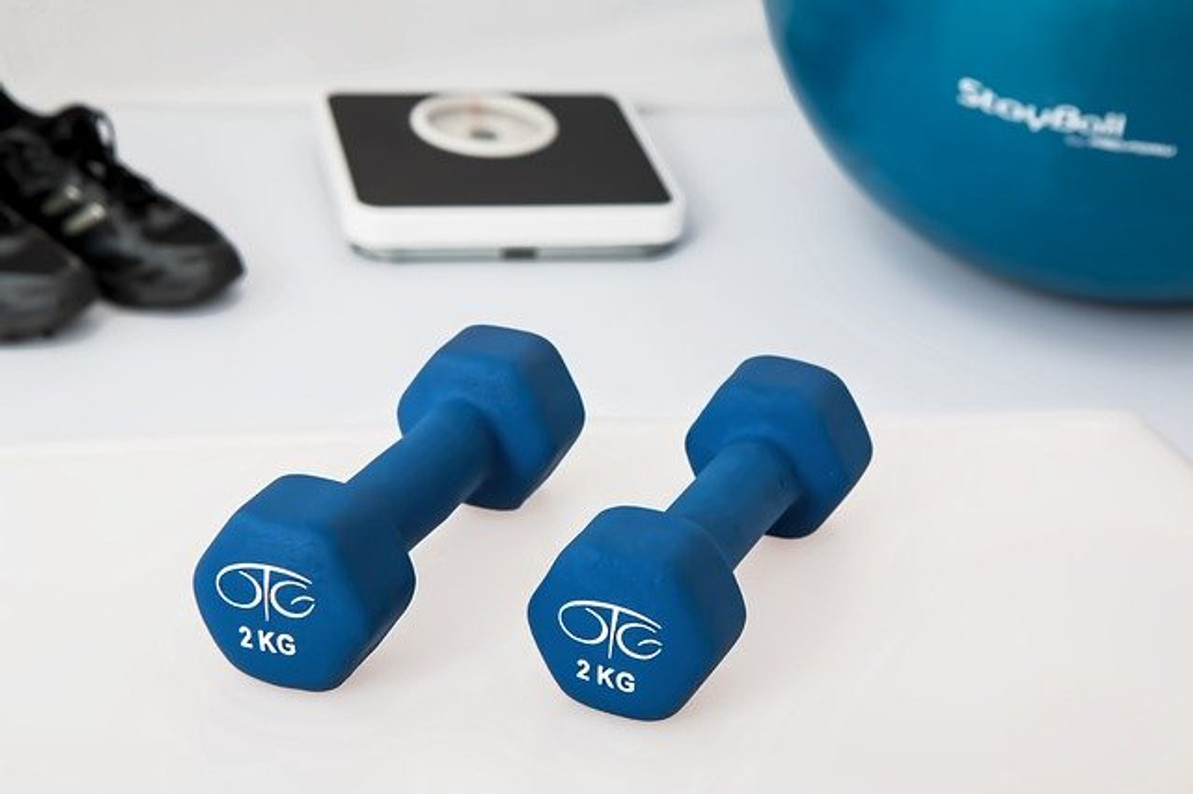How to Lower Your Risk of Osteoporosis
Affecting about 10 million adults in the United States, according to the National Osteoporosis Foundation (NFO), osteoporosis is a degenerative bone disease that's characterized by the gradual loss of bone density. It typically occurs in older adults, with seniors at the greatest risk. With that said, anyone can develop osteoporosis at any time during their life. Whether you're young or old, however, you can lower your risk of osteoporosis by following these tips.
Perform Weight-Bearing Exercises
All forms of exercise are good for your bone health, but weight-bearing exercises are particularly effective for strengthening your bones. Weight-bearing exercises, of course, involve the use of weight to create resistance against your bones. You can use free weights, or you can use the own weight of your body. Regardless, when you expose your bones to weight, your body will build them stronger than before. To lower your risk of osteoporosis and other bone diseases, include weight-bearing exercises in your weekly workout regimen.
Increase Calcium Intake
In addition to performing weight-bearing exercises, you can lower your risk of osteoporosis by adding more calcium to your diet. Calcium is one of the main building blocks of bone tissue. Unfortunately, millions of adults don't consume enough of it in their diet, resulting in increased rates of osteoporosis. If you suffer from a calcium deficiency, you may develop osteoporosis as well. So, make sure your diet contains plenty of calcium. Current dietary guidelines recommend about 1,000 to 1,200 milligrams of calcium daily for adults.
Spend More Time Outdoors
It may sound unusual, but spending more time outdoors can lower your risk of osteoporosis. When outdoors, you'll be exposed to sunlight, which of course is responsible for the production of vitamin D. Why does is this important? Well, vitamin D supports the development of healthy bones by increasing its density. When you spend time outdoors, your body will produce more vitamin D that strengthens your bones.
Sit Less
How much time do you spend sitting? It's a little-known fact that most people sit for over eight hours each day. If you fall under this category, you should consider changing your daily routine so that you stand (or walk) a little more frequently. Sitting might be relaxing, but it's bad for your bone health. It takes pressure off your bones, resulting in the gradual loss of density. If you stand or walk more frequently, however, you'll promote stronger bones while lowering your risk of osteoporosis.
Recent Posts
-
Fire Safety in the Workplace: What You Need to Know
What steps are you taking to prevent fires in your workplace? According to the U.S. Occupational Saf …Aug 23rd 2023 -
Is It Safe to Go Jogging With a Cold Infection?
If you're suffering from a cold infection, you might be wondering whether it's safe to go jogging. T …Aug 22nd 2023 -
5 Safety Tips to Follow When Using a Powder-Actuated Tool
Powder-actuated tools are commonly used to join materials to steel and concrete. Also known as Hilti …Aug 20th 2023




